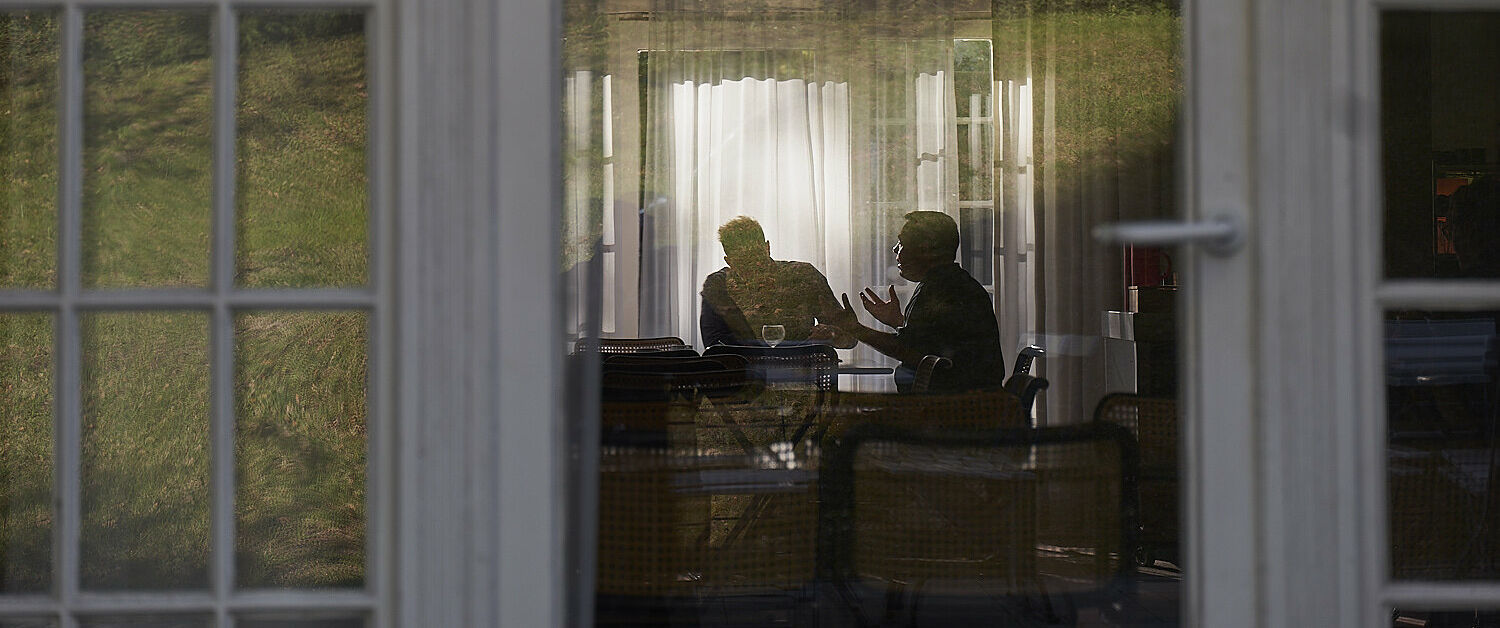Fellowships
There are two paths to candidacies for fellowships: Candidates for fellowships can either apply on their own behalf or they can be nominated.
Nominations can be submitted at any time. The letter of nomination should include a reference to two relevant publications by the nominee and should be sent to admissions(at)wiko-berlin.de.
Regular applications can be submitted via the Wissenschaftskolleg's electronic application platform at any time. The lead time from application to the beginning of the fellowship is approximately two years. Early-career researchers can apply for a fellowship in the following academic year in the framework of yearly calls. Calls for early career researchers in the humanities and the social sciences run from June to 1 September. The Call of the College for Life Sciences is open from 15 Juli to 1 November.
Fellows are free to choose their projects for their stay at the Wissenschaftskolleg; there are no thematic specifications. The research projects proposed with the application need not have to have any relationship to Berlin, but it must be possible to carry them out in residence.
If two researchers would like to work on a joint publication project, they can apply as a tandem. This new format is currently being tested.
Each year, the Wissenschaftskolleg also invites a small number of people from outside academia. These include composers, writers, photographers, journalists, and other figures in intellectual and public life. The Rector has appointed Senior Advisors for the fields of music, literature, and photography, who have the exclusive right to nominate candidates from their respective fields. Journalists and other public intellectuals can apply by themselves for a ten-month residency via the application platform.
Shorter fellowships are available only within certain programs and collaborations. In the framework of the College for Life Sciences, the Wissenschaftskolleg invites a few early-career scholars from the life and natural sciences for shorter periods of three to five months. Currently, short-term invitations are also regularly extended to one or two Iso-Lomso Fellows, two Yehudit and Yehuda Elkana Fellows, the winners of the John Maynard Smith Prize, and young talents in the field of music theater who have been awarded the Mortier Next Generation Award.
